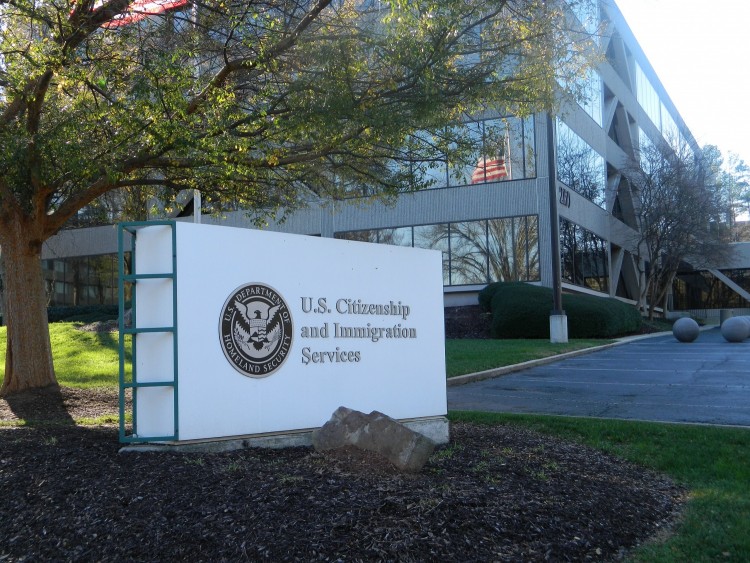Trump to Impose $100,000 Fee on H-1B Visa Applications, Raising Stakes for Korean Firms

President Donald Trump is set to impose a $100,000 application fee on H-1B visa petitions, a sweeping move that could reshape skilled immigration and add substantial costs for employers that sponsor foreign professionals, according to the White House and multiple reports.
The change, expected to be formalized by presidential proclamation, comes amid a broader crackdown on immigration and follows a high-profile raid at a Hyundai-LG Energy battery plant in Georgia, where hundreds of Korean workers were detained over alleged visa violations. The incident has strained bilateral ties and sharpened calls in Seoul and the Korean business community for clearer, more workable U.S. visa pathways.
What's New - and What's Unclear
Administration officials say the proclamation will require a $100,000 payment to accompany or supplement H-1B filings. Key details - including whether the new charge replaces or stacks on top of existing fees, and which petition types (new, transfer, extension) it will cover - have not been fully disclosed.
Under the current schedule, employers already face multiple costs: a $215 cap registration fee (effective for FY2026) and a $780 Form I-129 filing fee (since Apr. 1, 2024), plus statutory surcharges such as the ACWIA training fee ($750/$1,500), a $500 fraud-prevention fee, and, for certain employers, a $4,000 fee under Public Law 114-113. Optional premium processing adds $2,805.
Why It Matters for Korea
Korean conglomerates expanding U.S. manufacturing - in EV batteries, semiconductors and clean energy - rely on short-term deployments of engineers and technicians to stand up new facilities and transfer know-how. Lately, visa frictions have complicated those plans. Seoul has signaled it wants visa issues resolved as it weighs major U.S. investment commitments tied to bilateral economic cooperation.
The Georgia raid underscored the risks of relying on work-arounds (e.g., repeated ESTA/B-1 entries) when fit-for-purpose visas are bottlenecked - a practice Reuters reported had been in use prior to the latest crackdown. A six-figure H-1B fee could further discourage formal sponsorship, particularly for subcontractors and small or mid-sized suppliers supporting Korean anchor projects in the U.S.
Legal and Policy Questions
Immigration attorneys note that fee-setting authority typically requires agency rulemaking aligned with cost recovery; an unprecedented $100,000 levy may face court challenges if viewed as punitive rather than tied to processing costs. Still, even an attempted implementation could chill filings in the near term as companies reassess budgets and timelines.
Industry Impact
- Large anchors: Can absorb costs but will tighten sponsorship criteria and sequence transfers more slowly.
- SMEs & subcontractors: Disproportionate burden; higher risk of project delays or scope cuts.
- Academia/healthcare: Recruiting and retention pressures for specialized roles; potential shift to alternative destinations.
- Operational response: More localization of hiring, remote/near-shore models, and rephasing of U.S. build-outs.



